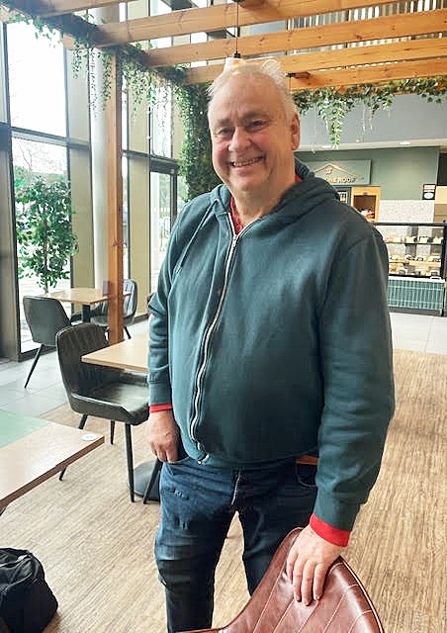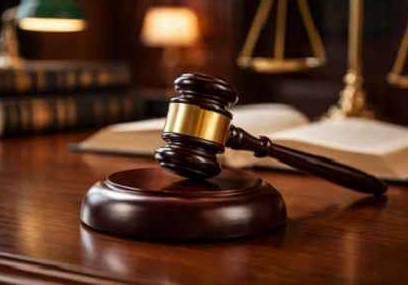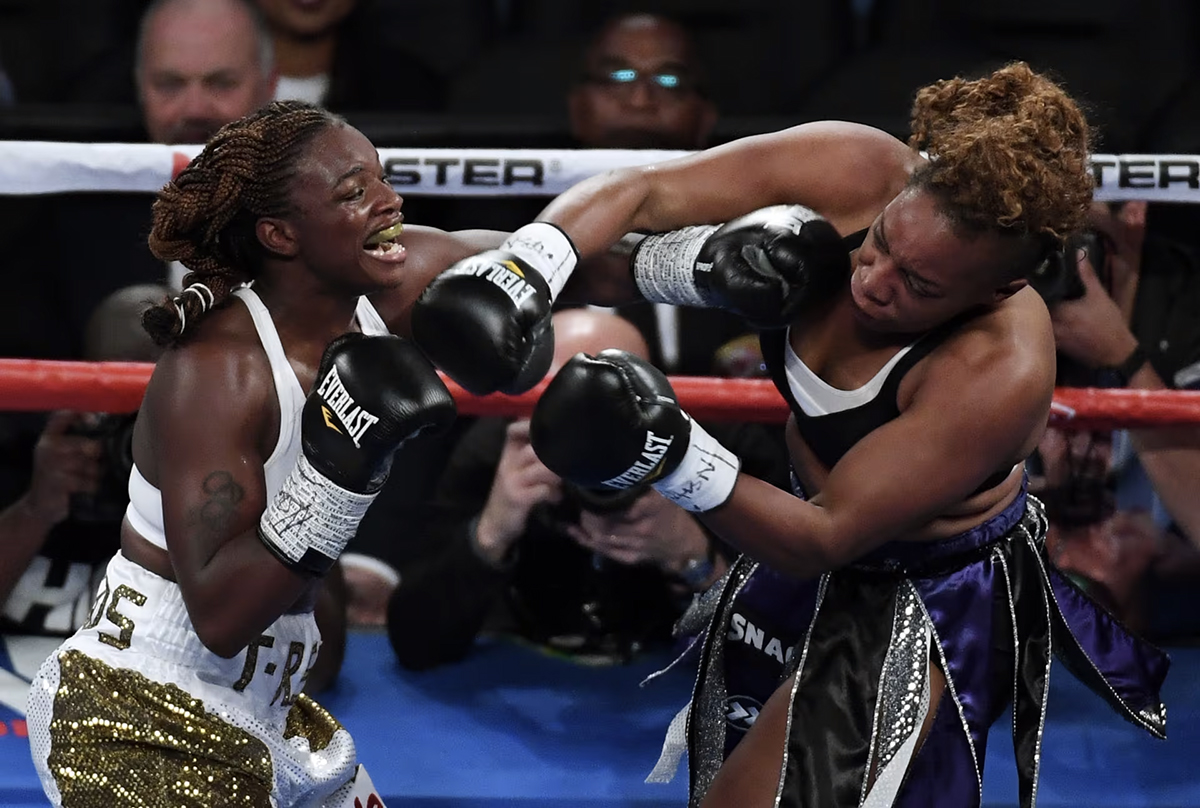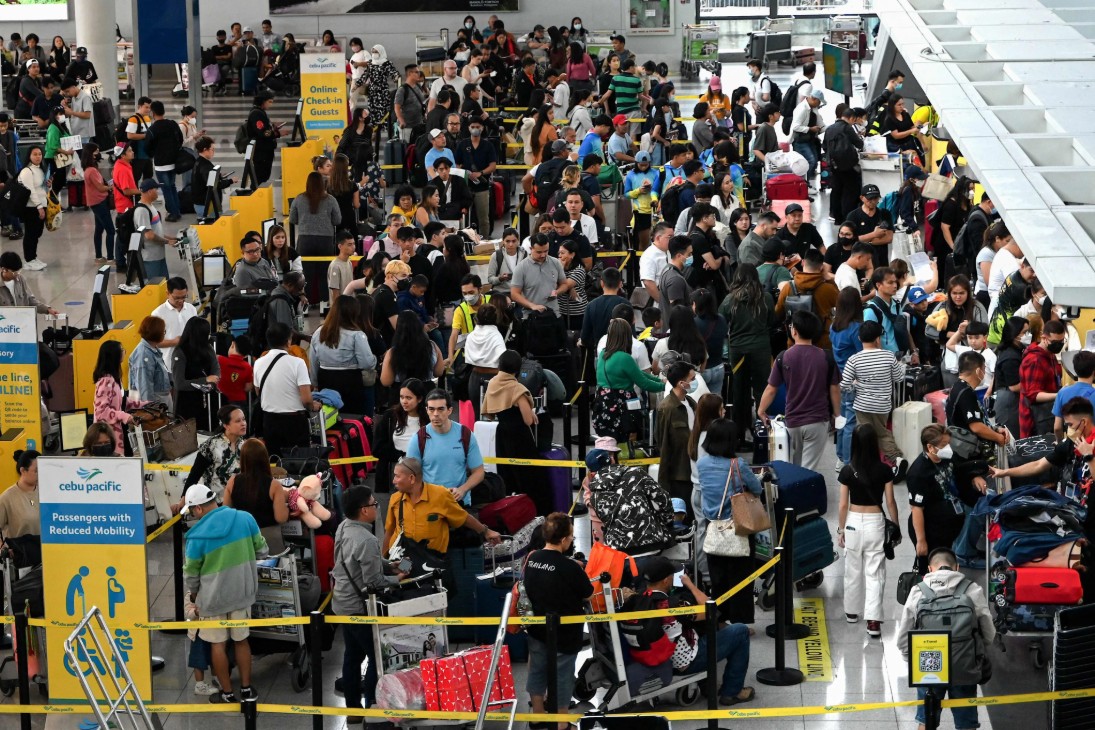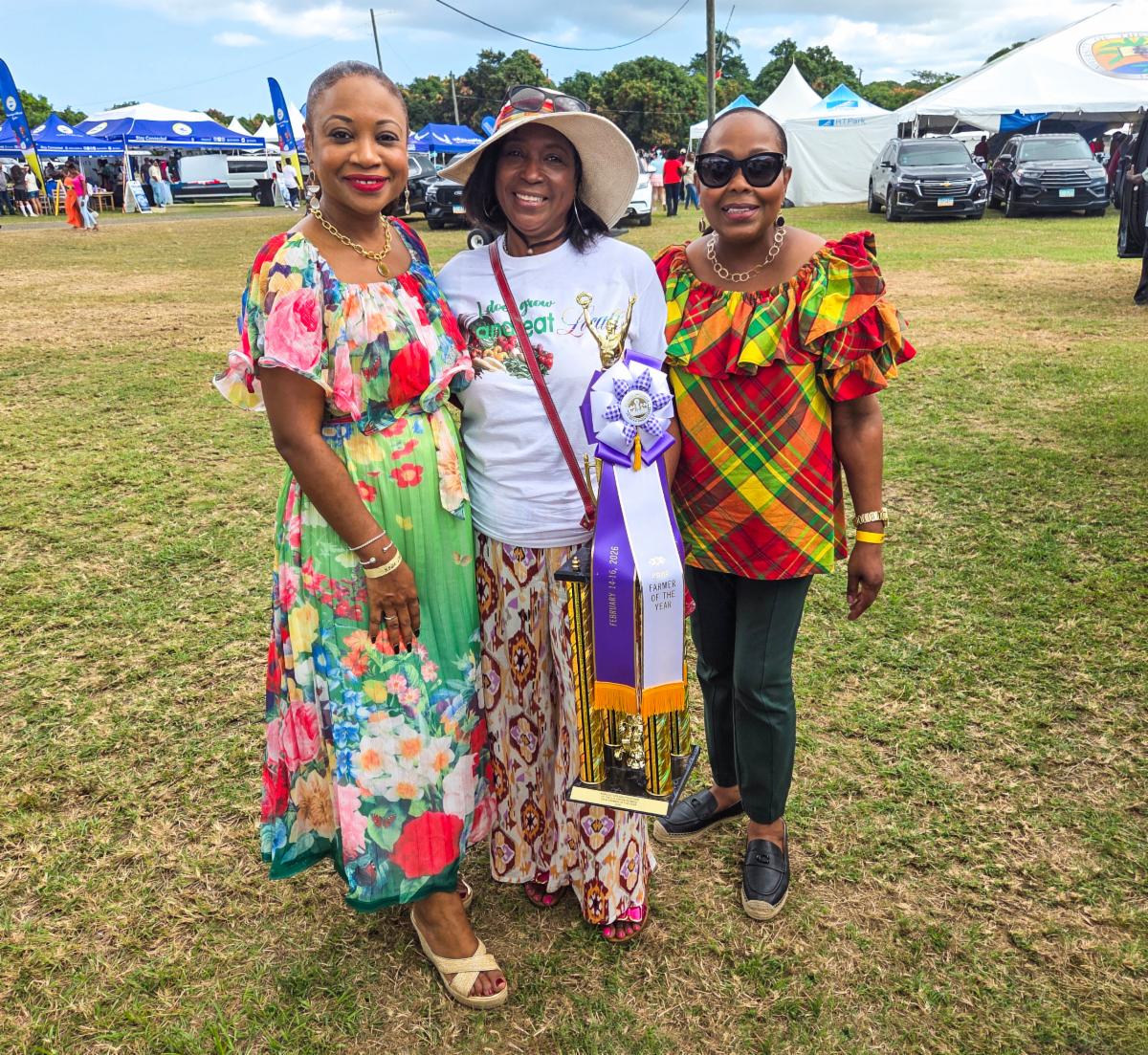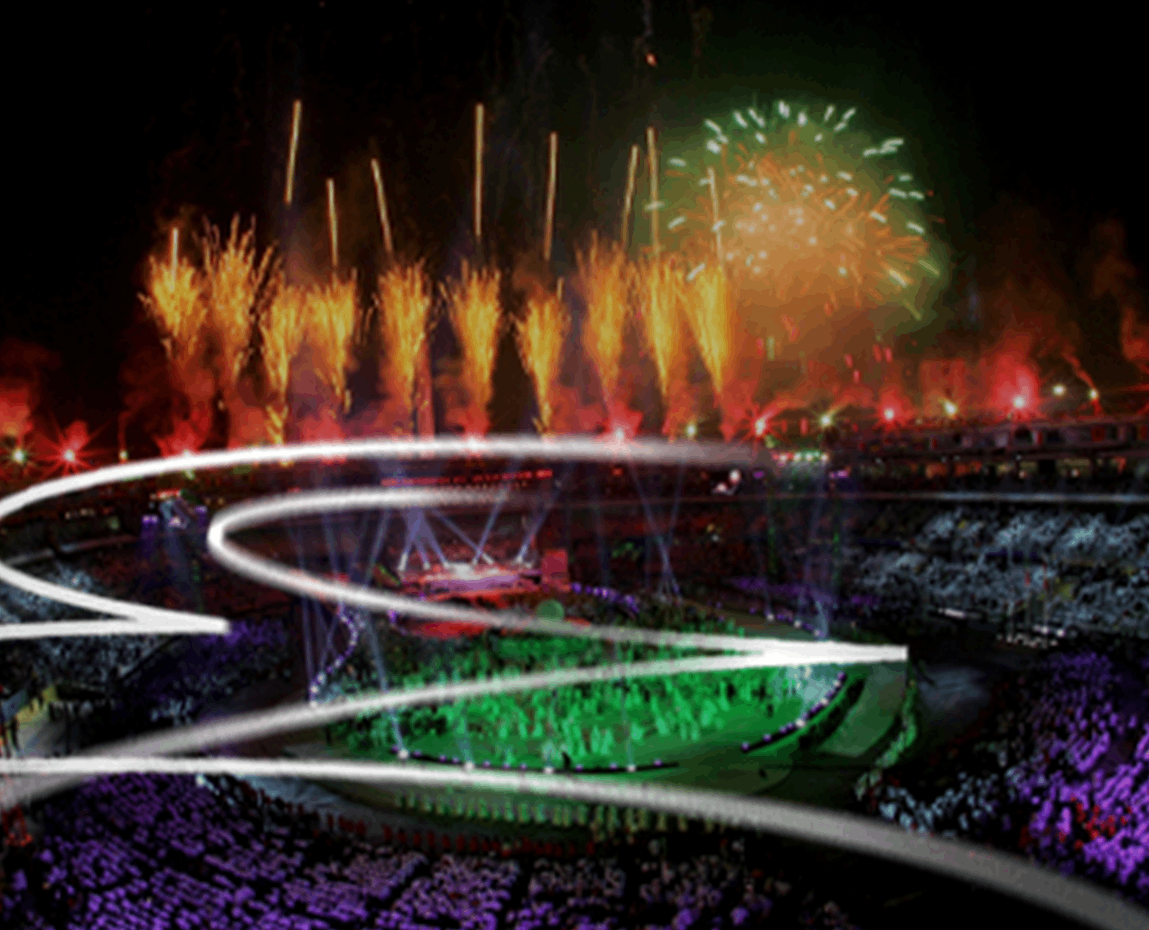Always respected and always observed but many people of non-British extraction was said to have felt ignored with their very minimum – at best – presence during Remembrance Sunday. With it almost common knowledge that up to one third of British troops fighting in the trenches during the first world war said to have come from the Caribbean, Africa and India that didn’t translate to the faces marching down the Mall during the last ceremony – or, indeed, any previously.
What seemingly glaringly clear was any acknowledgment of the sacrifices made those brave souls during the Battle of the Somme.
Sadly, there’s a general understanding among the wider population that Black, Sikhs and Muslims - amongst many others made - no impact in the horrific fight to defend the country.
The questions were asked, by some observers; ‘Was the omission deliberate? Had they been forgotten?’ The answer was no, not entirely. There was mention in a few places, particularly on military websites, but not enough.
The first world war was taught as a core topic in history classes so how was it possible that nothing was ever heard about these Caribbean, African and Indian soldiers before?
Today, it is ever more important that these men and women gain greater acknowledgement. Over a million Indian troops gave service alone, and died in huge numbers. The Caribbean – with its tiny population in comparison to India – sent nearly 16,000, the majority from Jamaica. Chinese workers were co-opted to do menial tasks, Africans from British and French colonies were conscripted, and in Britain itself, Black British soldiers such as Walter Tull also served. How many of their names are remembered by the general public or taught in schools? Khudadad Khan – a devout Muslim who won the first Victoria Cross for a non-white? Indra Lal Roy – the ace fighter pilot? Lionel Turpin? Gobind Singh? The list of names forgotten, or never known by most, is long and most never be forgotten.



